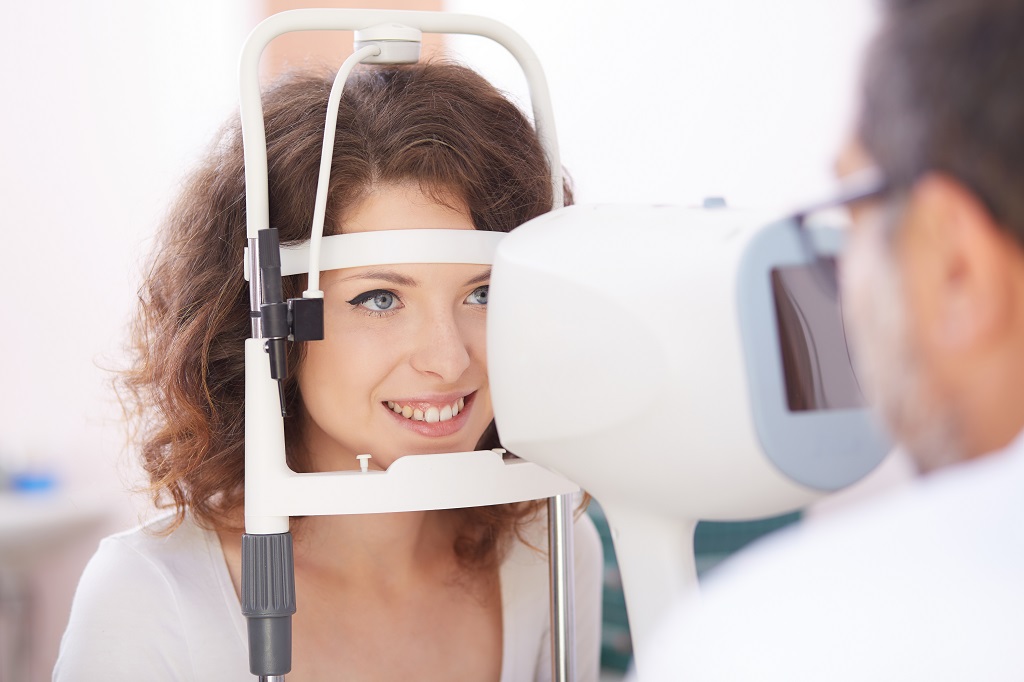All Categories
Featured
Table of Contents

Normal eye examinations are important for maintaining great vision and detecting prospective eye wellness problems early. The regularity of these examinations can differ considerably based on a person's age, way of life, and overall wellness. Understanding the recommended schedule for eye exams can assist make sure that people of any ages obtain proper treatment and tracking for their eye health.
Infants and Toddlers (0-2 Years)
For infants and young children, eye exams are vital for detecting any possible vision problems early on. The American Academy of Ophthalmology suggests that a kid's initial eye test need to happen at around 6 months old. During this initial visit, the eye care expert will certainly evaluate the child's visual advancement and check for any type of apparent eye issues.Following this initial exam, it is recommended that children have an additional eye exam at age 3. This check out will focus on analyzing the kid's general aesthetic feature, including eye positioning and the ability to track things. If no issues are found, the next examination should be set up prior to the kid begins institution, typically around age 5 or 6.
School-Aged Youngsters (6-18 Years)
Once youngsters get to school-age child, normal eye tests must be arranged every one to two years. Vision is essential for learning and development, and numerous institutions conduct vision testings. Nevertheless, these testings do not change a thorough eye examination by an eye treatment professional.For children associated with activities or sports calling for substantial aesthetic emphasis, yearly eye exams may be recommended. In addition, if a kid shows indications of vision issues-- such as trouble checking out, scrunching up your eyes, or regular headaches-- a visit to the eye physician must be arranged asap.
Young Grownups (19-39 Years)
Young person typically have less vision modifications than older age groups, yet routine eye exams stay important. The general recommendation is to set up an eye exam every 2 years during this period. Individuals with specific risk variables-- such as a household history of eye condition, diabetic issues, or those who use get in touch with lenses-- ought to consider annual eye exams.Furthermore, those who spend significant time on electronic gadgets might experience electronic eye pressure. If signs such as dryness, tiredness, or blurred vision occur, it may be important to see an eye care professional earlier.
Grownups (40-64 Years)
As individuals enter middle age, the likelihood of creating vision troubles increases. Grownups aged 40 to 64 should arrange eye exams every one to 2 years. This age group might start to experience presbyopia, an all-natural age-related problem that makes it challenging to focus on close items. Eye exams can also aid spot other typical age-related problems such as glaucoma, cataracts, and macular deterioration.If people in this age team have risk elements like hypertension or diabetic issues, they might require more frequent evaluations to monitor their eye wellness closely.
Elders (65 Years and Older)
For seniors, normal eye tests end up being even a lot more essential. The American Optometric Organization suggests that individuals matured 65 and older have an eye test at the very least as soon as a year.Conclusion.
Understanding the appropriate routine for eye examinations based on age is essential for keeping ideal eye wellness throughout life. From babies to seniors, routine eye exams play an essential role in finding concerns early and making certain that vision continues to be sharp. By adhering to these guidelines and talking to an eye care expert, people can take positive steps towards preserving their vision and general health. Whether it's a child's initial browse through or a senior's annual examination, focusing on eye care is a financial investment in long-lasting health.Table of Contents
Latest Posts
Take Advantage of Special Auto Repair Offers in Chicago at Montclare Auto Repair
Published en
1 min read
Secure and Improve Your Home with Weathercraft's Exterior siding Solutions
Published en
1 min read
Explore Budget-Friendly Auto Repairs with Montclare’s Monthly Service Specials
Published en
1 min read
More
Latest Posts
Take Advantage of Special Auto Repair Offers in Chicago at Montclare Auto Repair
Published May 28, 25
1 min read
Secure and Improve Your Home with Weathercraft's Exterior siding Solutions
Published May 25, 25
1 min read
Explore Budget-Friendly Auto Repairs with Montclare’s Monthly Service Specials
Published May 24, 25
1 min read